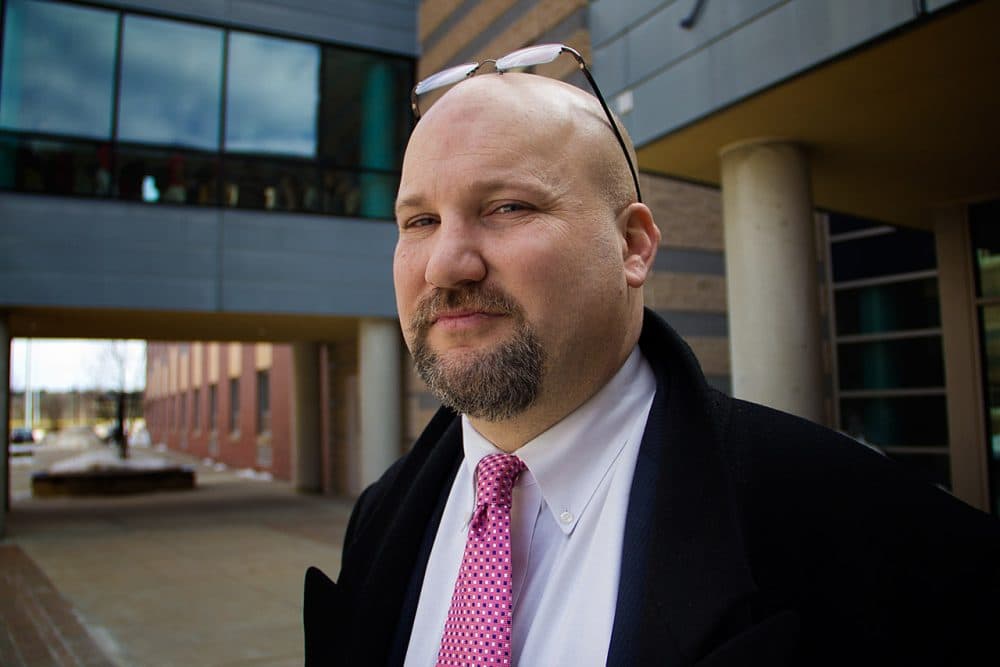Advertisement
New Mass. Education Commissioner Promises To Make Teachers A Priority

The Massachusetts Department of Elementary and Secondary Education's first board meeting of the school year began with a firm gavel strike and "happy new year" wishes from Chairman Paul Sagan.
The meeting was one of Education Commissioner Jeff Riley's first chances to establish a list of goals and priorities for the department since taking the job last spring. He says the state has reached a unique inflection point in the 25 years since the 1993 Education Reform Act was passed.
"I think it's time to close the chapter on that," Riley said. "My goals are reflective of that."
Among his priorities are helping the state continue its rollout of the Next Generation MCAS, and implementing new history and social sciences frameworks. Riley also expressed his intention to continue helping legislators "look at the foundation budget in a new way" that works better for schools.
"I continue to believe that we need to do better by our students," he said.
Taking center stage in his goals, though, was better support for teachers. He says that focus became apparent after spending the summer visiting and talking with teachers around the state.
"Massachusetts is leading the nation on various metrics, but I'm not sure the teachers are feeling as valued as they need to," he said.
Riley added he hopes the department will take a more aggressive role in efforts to recruit and retain teachers, especially teachers of color. According to state figures, roughly 40 percent of Massachusetts students identify as students of color. Among the teaching staff, it's only 8 percent.
"It’s a moral imperative for us to start doing a better job," Riley said. "And we have to kind of lead from the front rather than just asking the districts to just do it themselves."
He told the board that improving teacher diversity is part of what's needed to close the achievement gap in the state.
Overall, Riley's suggestions were well received by board members, but several voiced concern that Riley's goals weren't specific enough.
"The overarching question was implicit in your goals, but maybe not as explicit in the written [version] is around clear focus on achievement gaps and closing those," said board member Amanda Fernandez.
"I thought this document would be stronger if tied to a explicit problem statement," echoed board member Martin West. He also requested that Riley be more specific about what he hoped to accomplish with the implementation of new civics and social science standards.
Before moving on to other agenda items, board Chair Sagan requested that Riley revise his goals document before the next board meeting.
"The more concrete [the goals are] the more you can be held accountable to these things," suggested Sagan. "And the flip side there is, if you’re not, we may just decide later you should have been."
